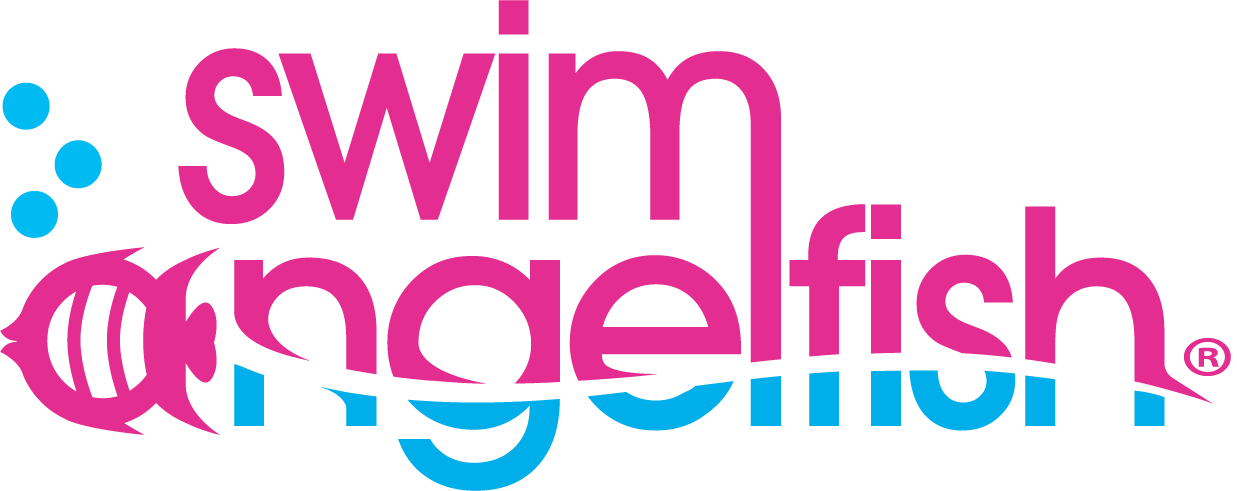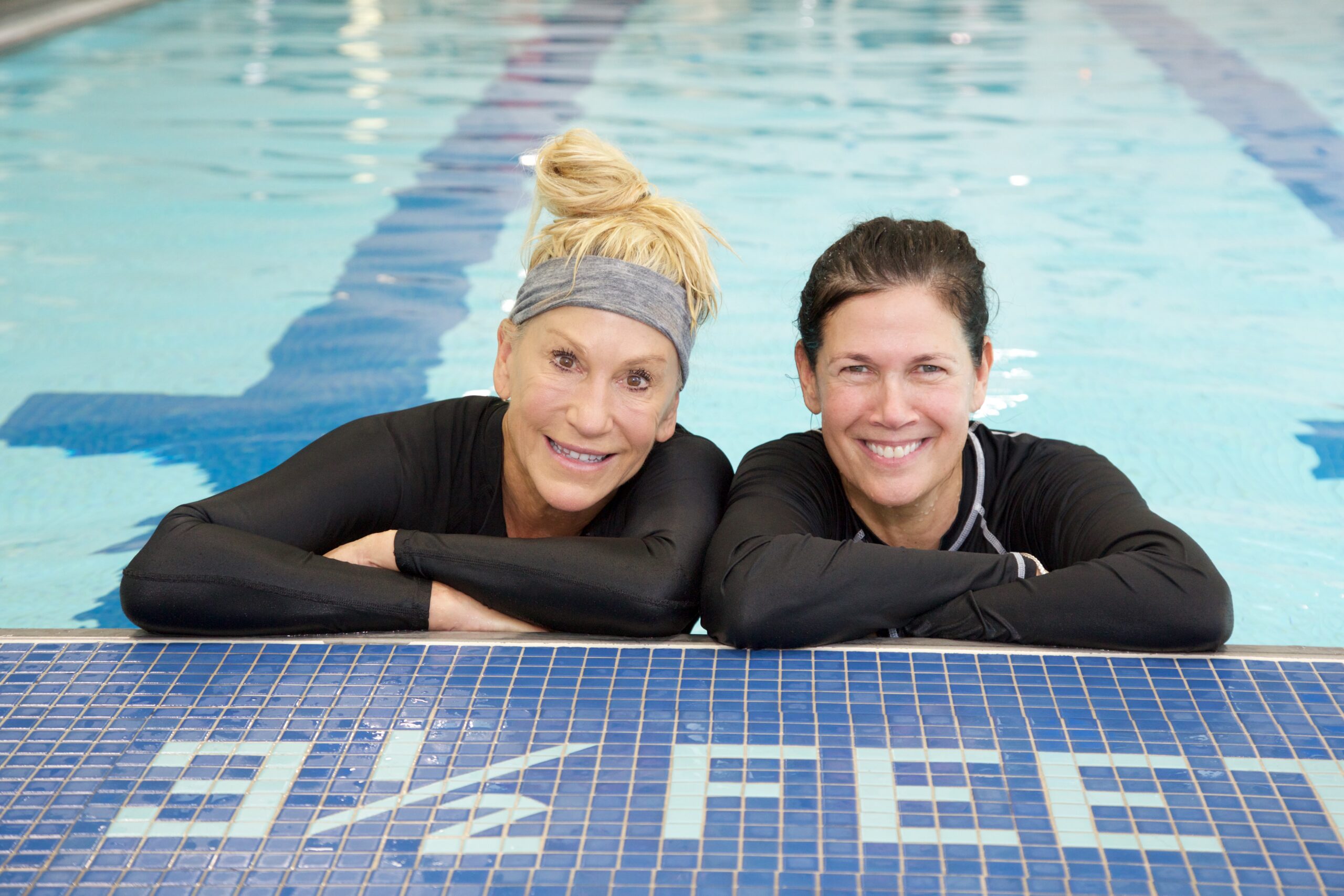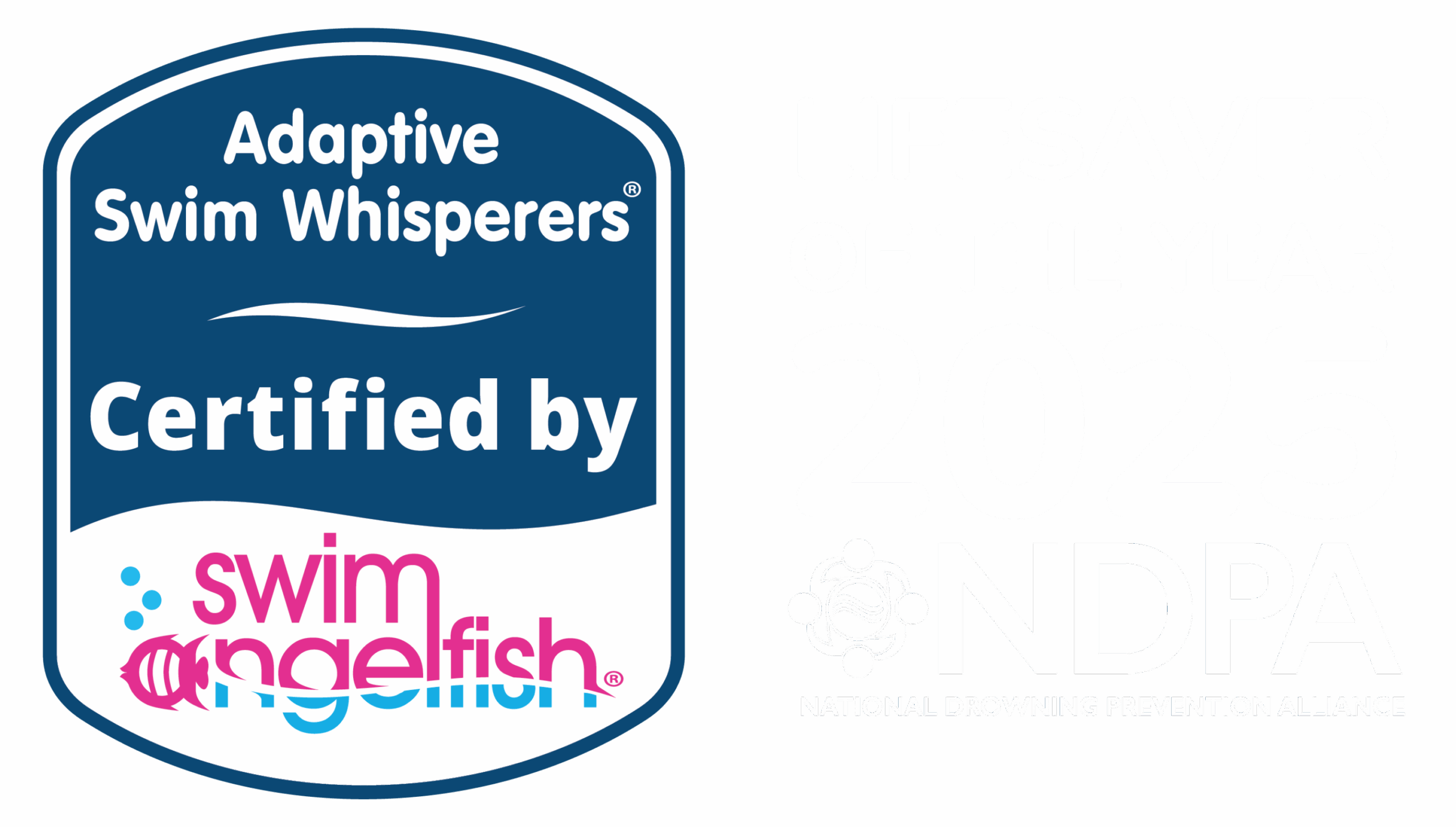Discover how important life skills can be nurtured, as we explore the multiple benefits of choosing aquatic therapy or swim lessons for individuals with ADHD.
Neurodevelopmental disorders such as ADHD can have an impact on attention, processing, self-regulation, and behavior. This can make it challenging to participate in traditional therapy and activities. However, aquatic therapy and swim lessons offer a unique and effective way to address the difficulties that people with ADHD experience.
What is Attention-Deficit/Hyperactivity Disorder (ADHD)?
Attention-deficit/hyperactivity disorder (ADHD) is marked by an ongoing pattern of inattention and/or hyperactivity-impulsivity that interferes with functioning or development.
ADHD is one of the most common neuro developmental disorders affecting children. There are 3 different types of ADHD:
- Predominantly Inattentive Presentation
- Predominantly Hyperactive/Impulsive Presentation
- Combined Presentation
Boys typically tend to present with a more hyperactive presentation, whereas girls tend to present with more inattention.
Statistics Relating to Water Safety for Children With ADHD
How Adaptive Swim Lessons and Aquatic Therapy Contribute to Water Safety
Part of our mission at Swim Angelfish is to help improve water safety for children of all abilities and create a supportive, understanding environment where water safety skills can flourish. Aquatic therapy can help satiate a child’s sensory needs as well as improve their strength, coordination, and motor planning so that they are able to function safely in an aquatic environment. Swim lessons additionally help children develop a crucial sense of awareness for water safety and independent movement, while fostering a positive and functional relationship between the child and the water.
There are so many benefits of learning to swim for children with ADHD! Safety always comes first, as it is a huge concern for this population due to impulsivity and difficulty following directions. Something as simple as allowing these children the freedom to move their bodies in a structured environment can improve their ability to be patient and follow directions! Many children with ADHD also have lots of pent-up energy or spiraling thoughts that can lead to disruptive behaviors if the child isn’t given a healthy outlet. Swimming is a great outlet for these children because not only does it give them an opportunity to move their bodies in a purposeful way, but it is also provides an opportunity for relaxation through mindfulness, as they are focused solely on the task at hand. Compared to typical children, individuals with ADHD are also more likely to experience symptoms of sensory overload. The water provides calming sensory input, to the largest organ in the body, the skin! This can help these children feel less overwhelmed, and more regulated.
Benefits of Swim Lessons for ADHD
Aquatic therapy can be extremely beneficial for children with ADHD! Many children with ADHD have difficulty maintaining attention or following directions. Aquatic therapy uses the natural properties of the water to assist or resist movement, in order provide a child with vestibular and proprioceptive input, leading to improved attention and self-regulation. Once the child is more regulated, they are better able to focus and follow directions. When they can focus on the task at hand, their therapist can use this opportunity to work on a functional activity! A great example of a functional activity in the water is swimming! Working on swim strokes after giving a child the sensory input they need to be successful can help the child focus better on the motor planning and coordination aspects of the task! Not only does this lead to improved swim stroke performance, but it also leads to improved motor planning and coordination that can translate to other activities! Children in this population may also present with retained primitive reflexes. Does your child with ADHD struggle with dropping their lunch tray or falling out of a chair? Many people would assume that this is due to weakness or too much fidgeting. While that may be the case for some, it is usually due to retained primitive reflexes! Aquatic therapy is a great way to help integrate those reflexes in a fun and engaging environment, where your child doesn’t even know they are working!
Benefits of Aquatic Therapy for ADHD
Our Swim Whisperers® Adaptive Aquatics Training Program is the only Adaptive Aquatics Training program that uses a therapeutic approach to assess, identify, and overcome the roadblocks that are present in children with special needs while learning to swim.
Here are some great tips when working with individuals who have ADHD:
For coaching tips to help swimmers with ADHD read our blog: Coaching Tips for Swimmers with ADHD, Anxiety and Autism.
We can help you find a qualified instructor or aquatic therapist to help your child with ADHD become safer and more independent in the water.
We have highly skilled instructors certified in the Swim Whisperers® program who will work with your child to identify and address any underlying obstacles that they are experiencing with learning to swim.
We also have licensed aquatic physical, occupational and recreational therapists who will use a fun, innovative multi-sensory approach to reach specific therapy goals. We offer private, semi-private and small group sessions across multiple locations in CT, MA, NH and NY.



